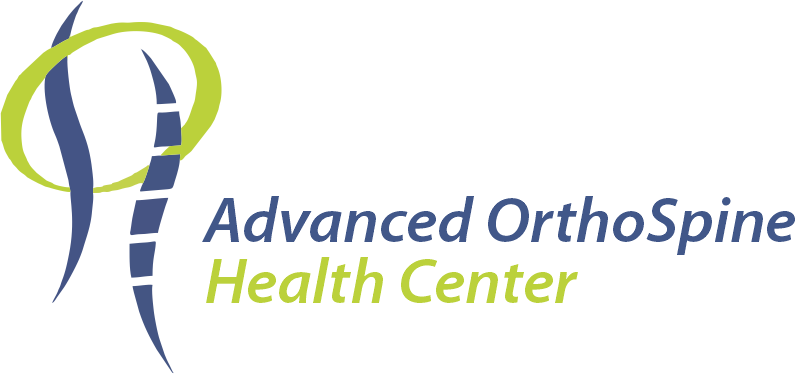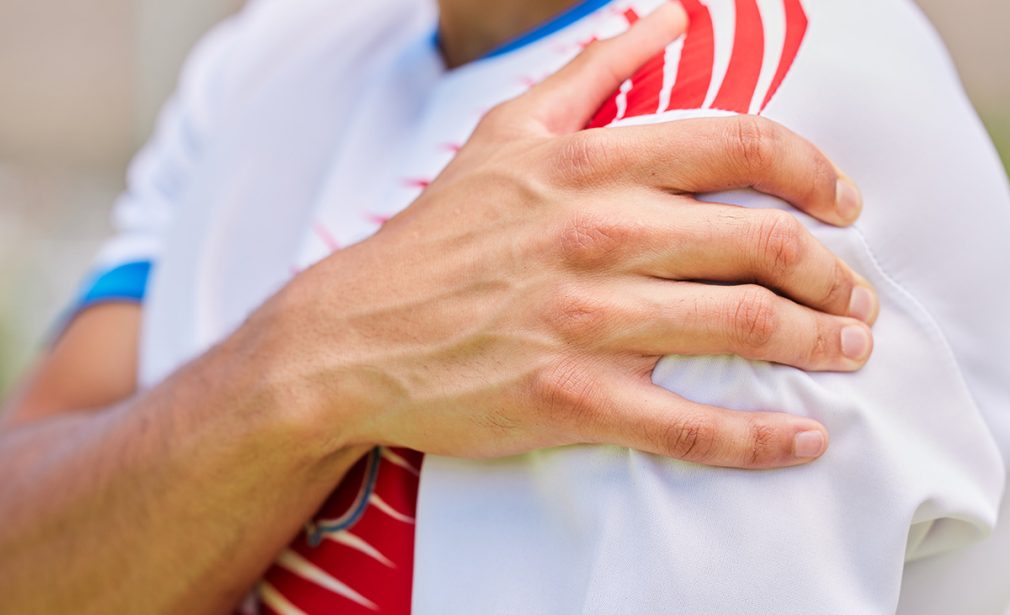What do Rotator Cuff Injuries feel like?
The rotator cuff is a group of four muscles and their tendons that stabilize the shoulder joint. Injuries to the rotator cuff can range from tendonitis and strains to partial or full tears, typically resulting from overuse, trauma, or aging.
How can physio help you?
Physiotherapy for Rotator Cuff Injuries focuses on relieving pain, restoring function, and preventing future damage through:
- Pain Management: Modalities reduce pain and inflammation such as Microcurrent therapy, LASER,or TECAR therapy, other current therapy, ice or heat
- Manual therapy to reduce pain and improve mobility
- Stretching and Mobility Exercises: Targeted stretches to improve flexibility and restore range of motion in the shoulder joint.
- Strengthening Exercises: Building strength in the rotator cuff muscles and surrounding muscles to support the shoulder and improve stability.
- Manual Therapy: Techniques like soft tissue or joint mobilizations to improve shoulder movement and reduce stiffness.
- Posture and Movement Education: Correcting posture and movement patterns to avoid unnecessary strain on the rotator cuff and prevent reinjury.
- Functional Rehabilitation: Gradually returning to daily activities or sports through exercises that mimic functional movements and ensure proper technique.
Get expert care for shoulder injuries at the best rotator cuff treatment in Dubai, where specialists focus on restoring strength and mobility. Our rotator cuff repair Dubai clinic offers advanced non-surgical and surgical options, including rotator cuff surgery in Dubai. Trust our Dubai orthopedic rotator cuff treatment team for safe, effective, and long-lasting recovery.
Frequently asked questions
- Pain or tenderness in the shoulder, especially when reaching overhead or behind the back.
- Weakness in the shoulder, especially during lifting or overhead activities.
- Limited range of motion in the shoulder.
- Clicking or popping sounds in the shoulder during movement.
- Overuse: Repetitive overhead motions (e.g., throwing, swimming, or lifting) can strain the tendons.
- Trauma: Falls, accidents, or direct impact to the shoulder.
- Aging: Degeneration of the tendons over time, making them more vulnerable to tears.
- Poor Posture: Weak shoulder muscles and poor posture can contribute to imbalances, leading to injury.
- Mild to moderate injuries: Typically 6-8 weeks with physiotherapy and rest.
- Severe tears: Can take 3-6 months, especially if surgery is required.
- Strengthen the shoulder muscles through targeted exercises.
- Avoid repetitive overhead movements and take breaks.
- Maintain proper posture and shoulder alignment during daily activities.
- Use proper technique when engaging in sports or physical activities.
Got more questions? Contact us at Advanced Orthospine Health Center for expert advice and personalized care.

